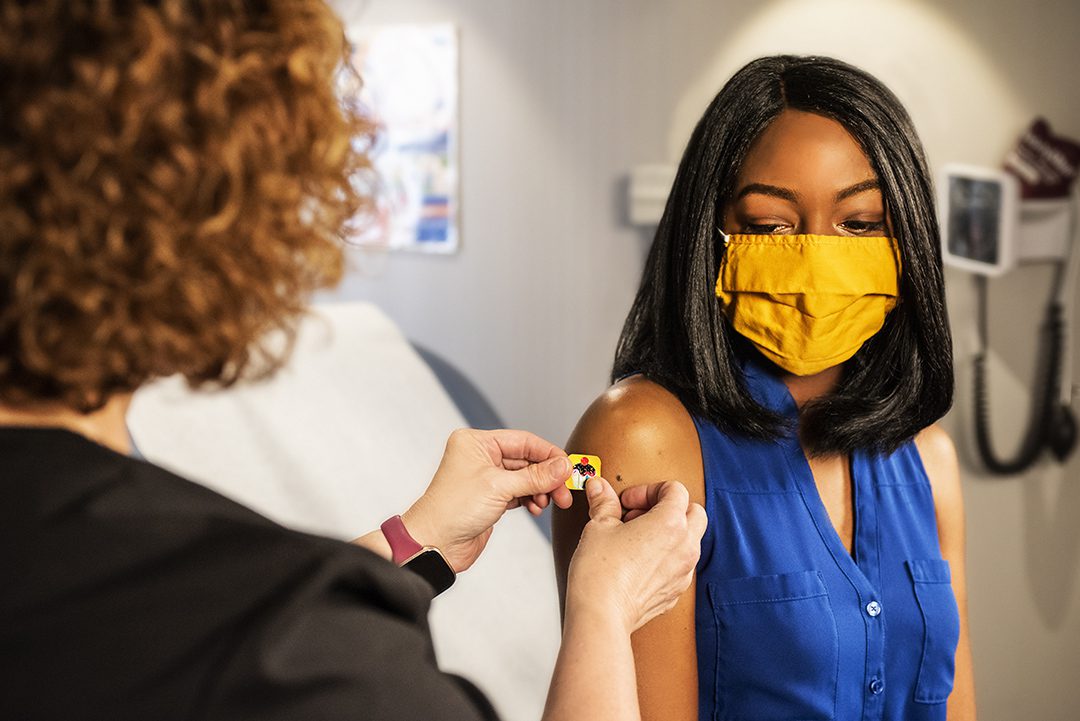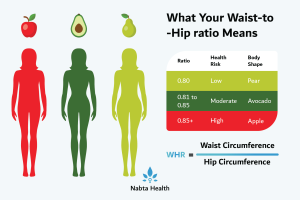هل تُؤثّر لقاحات الحمض النووي الريبي المرسال (mRNA) المُضادّة لكوفيد-19 على الخصوبة لدى النساء؟

Medical experts have discredited misleading claims circulating on social media falsely linking the mRNA Covid-19 vaccines with infertility in women
In December 2020 two doctors, Dr Michael Yeadon and Dr Wolfgang Wodarg, wrote to the European Medicines Agency, responsible for the safety of vaccines. They called for clinical trials of the Pfizer/BioNTech mRNA Covid-19 vaccine to be stopped, citing concerns about the vaccine’s impact on female fertility.
They were apprehensive the vaccine might prevent the safe development of placentas during pregnancy and linked this with potential infertility in vaccinated women. Their argument was that the mRNA vaccines used against Covid-19 target a protein called syncytin-1. Syncytin-1 plays a critical role in human reproduction.
The claims have been widely discredited by independent medical experts who confirm that the mRNA vaccines for Covid-19 do not target the syncytin-1 protein vital to successful pregnancies.
Pfizer has said, “there is no data to suggest the Pfizer BioNTech vaccine candidate causes infertility.” Reuters Fact Check states, “no available mRNA vaccines target a protein called syncytin-1.” And according to Mayo Clinic, “there is currently no evidence that Covid vaccines cause fertility problems.”
How do mRNA vaccines work?
Let’s understand how mRNA vaccines work. The vaccines most of us will be familiar with are the Pfizer/BioNTech and Moderna Covid-19 vaccines. mRNA stands for ‘messenger’ RNA. The vaccines work by teaching our cells to make a protein like the spike protein found on the SARS-CoV-2 virus which causes Covid-19. The protein triggers an immune response in our bodies. And the immune response produces antibodies which protects us against getting the real virus if it enters our bodies.
So why the confusion around pregnant women, fertility and mRNA vaccines?
The false claims about syncytin-1 stem from confusion around a short amino acid sequence: “It has been incorrectly suggested that Covid-19 vaccines will cause infertility because of a very short amino acid sequence in the spike protein of SARS-CoV-2 virus that is shared with the placental protein, syncytin-1,” said Dervila Keane of Pfizer.
“The sequence, however, is too short – 4 shared amino acids – to plausibly give rise to autoimmunity. Additionally, a cohort comparing the outcomes of pregnancies with and without intercurrent SARS-CoV-2 infection shows no difference in outcomes.”
Advice for pregnant or breastfeeding women
While there is no evidence that mRNA vaccines for Covid-19 have a negative effect on female fertility, some of the information and guidance around pregnancy and breastfeeding and the Covid vaccines is being mixed up with fertility misinformation.
The latest advice, supported by medical bodies around the world, is to offer Covid-19 vaccines to women at any stage of pregnancy or breastfeeding to protect them from a higher risk of severe disease if they contract the virus. For women who are trying to become pregnant or who become pregnant soon after their vaccine, there are no safety concerns.
If you are unsure or have any health conditions, consider consulting a doctor for more information. You can book an at-home doctor visit on the Nabta Women’s Health Shop to chat about any concerns you may have if you are pregnant or breastfeeding.
Sources
Wodarg Yeadon EMA Petition Pfizer Trial FINAL, 1 Dec 2020
Covid-19 vaccine not shown to cause female sterilization, AFP, 9 Dec 2020
https://factcheck.afp.com/covid-19-vaccine-not-shown-cause-female-sterilization
COVID-19 vaccines: Get the facts, Mayo Clinic https://www.mayoclinic.org/diseases-conditions/coronavirus/in-depth/coronavirus-vaccine/art-20484859#fertility-menstruation
DHA begins vaccinating pregnant women against COVID-19 https://mediaoffice.ae/en/news/2021/June/29-06/DHA-starts-to-vaccine-pregnancies










